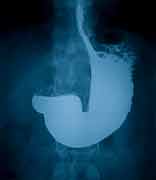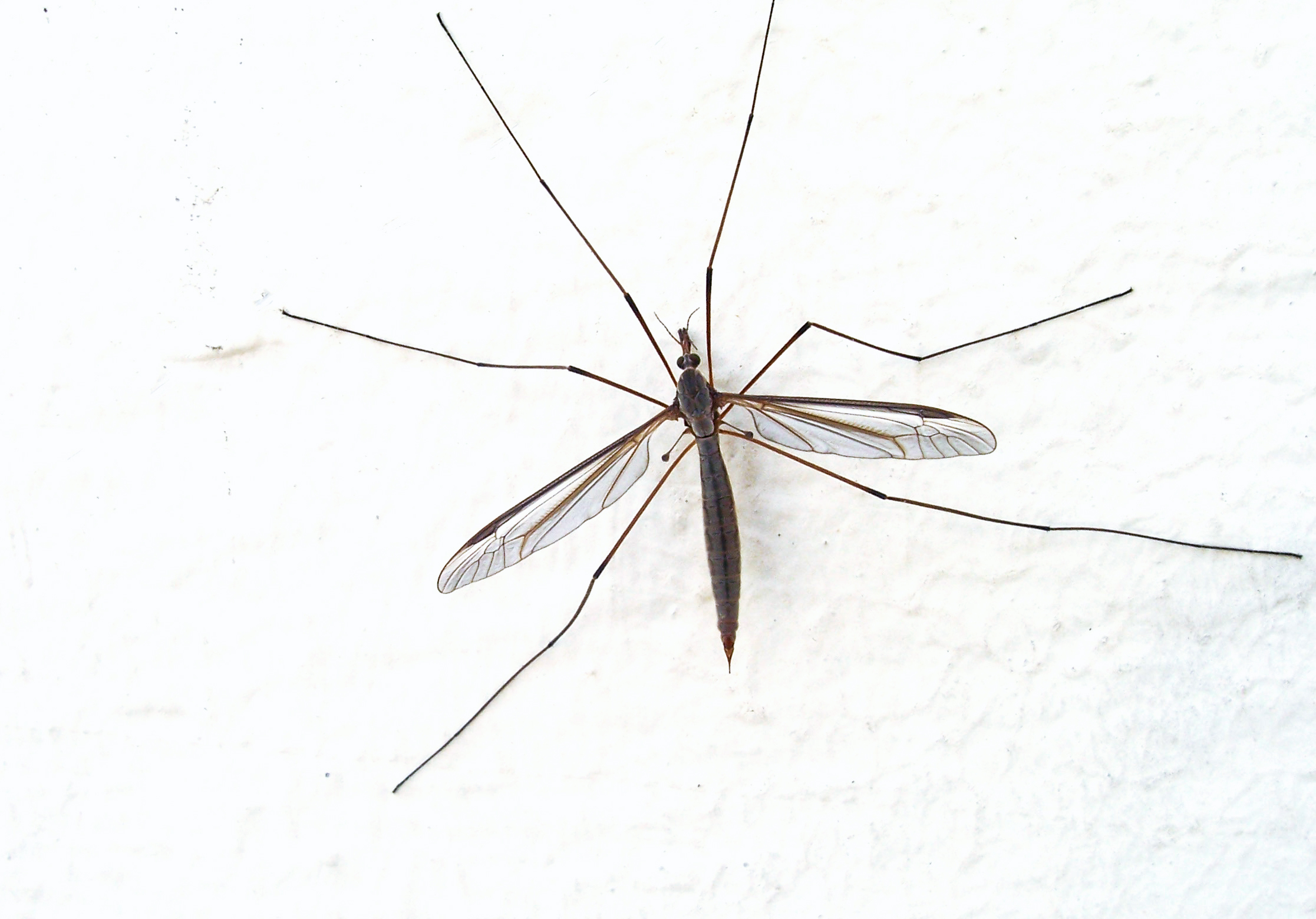
MONDAY, June 6 (HealthDay News) — While the notion of deliberately eating dirt may be unappetizing to most people, the practice has a long history and may actually be seen by some as healthy, a new study finds.
The analysis of existing research on the issue finds that eating dirt, or “geophagy,” may protect the body against invaders such as germs and parasites.
People have eaten dirt for thousands of years, at least, and it’s been reported in almost every country, according to report lead author Sera Young, a researcher at Cornell University in Ithaca, N.Y. In fact, geophagy has been reported on every inhabited continent and in almost every country.
But why would people crave dirt in their diet? Is it for nutrition? Because of hunger? Due to mental illness?
To find out, Young and her colleagues examined more than 480 cultural reports of dirt-eating and then looked for patterns.
They found that people eat dirt (typically boiled first) even when there’s plenty of food around, and they don’t tend to eat enough to make them full. As for nutrition, the most common form of dirt eaten, a type of clay, isn’t loaded with minerals. In fact, ingested clay can impede the uptake of nutrients by the digestive tract, the researchers found.
The researchers believe the best answer is that dirt protects the body against parasites and pathogens. They point out that geophagy is most common among women in early pregnancy, and pre-adolescent children, and both of these categories of people are especially vulnerable to parasites and germs.
Bolstering the theory is the fact that dirt-eating is most common in tropical climes where foodborne pathogens are most common, and people often seek out dirt for eating when they are in some kind of gastrointestinal distress.
“We hope this paper stimulates [more] research,” the study authors write. “More importantly, we hope readers agree that it is time to stop regarding geophagy as a bizarre, non-adaptive gustatory mistake. With these data, it is clear that geophagy is a widespread behavior in humans that occurs during both vulnerable life stages and when facing ecological conditions that require protection.”
The study appears in the June issue of The Quarterly Review of Biology.
More information
For details about pica, the eating of non-food things, try the U.S. National Library of Medicine.

